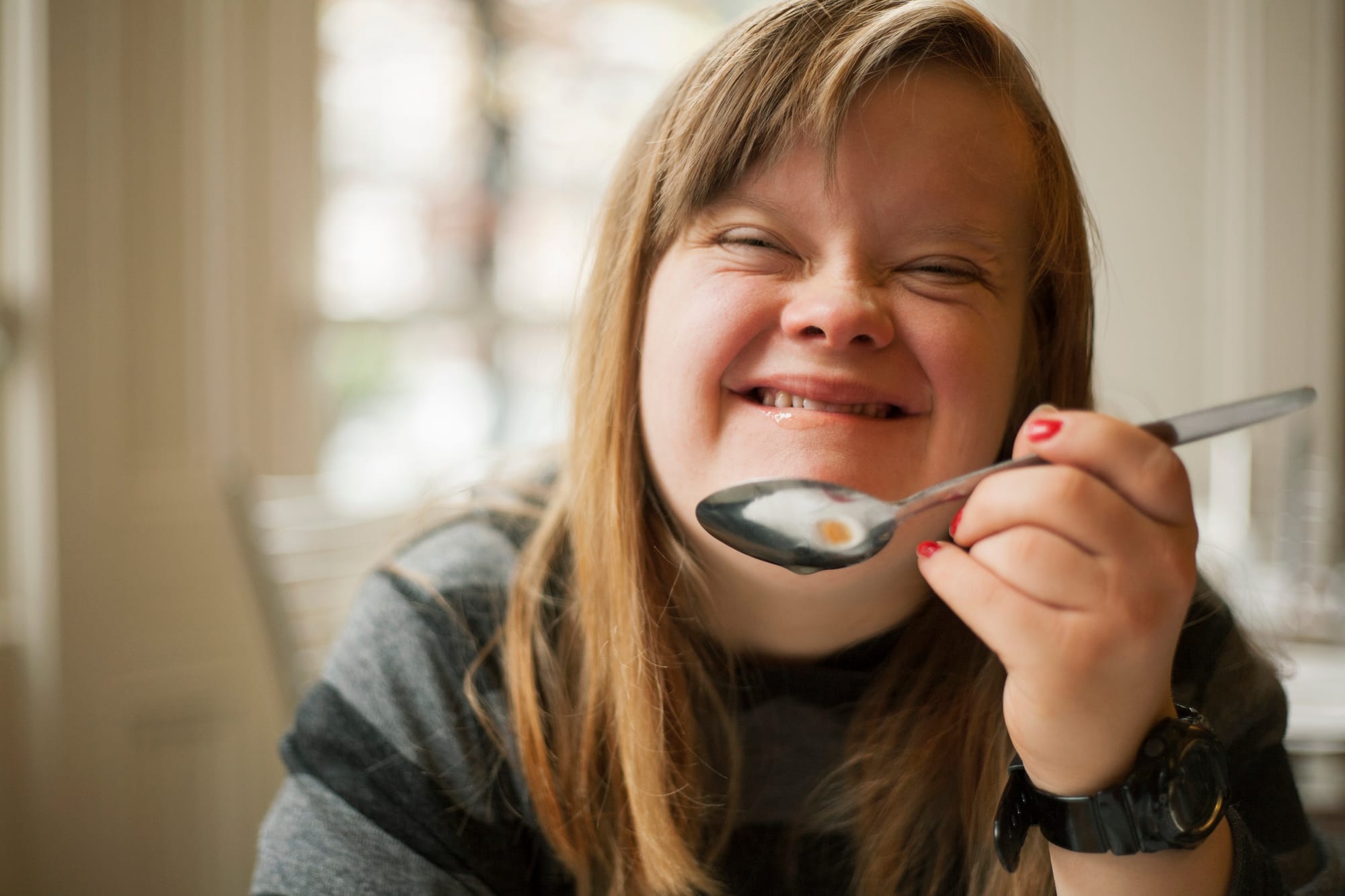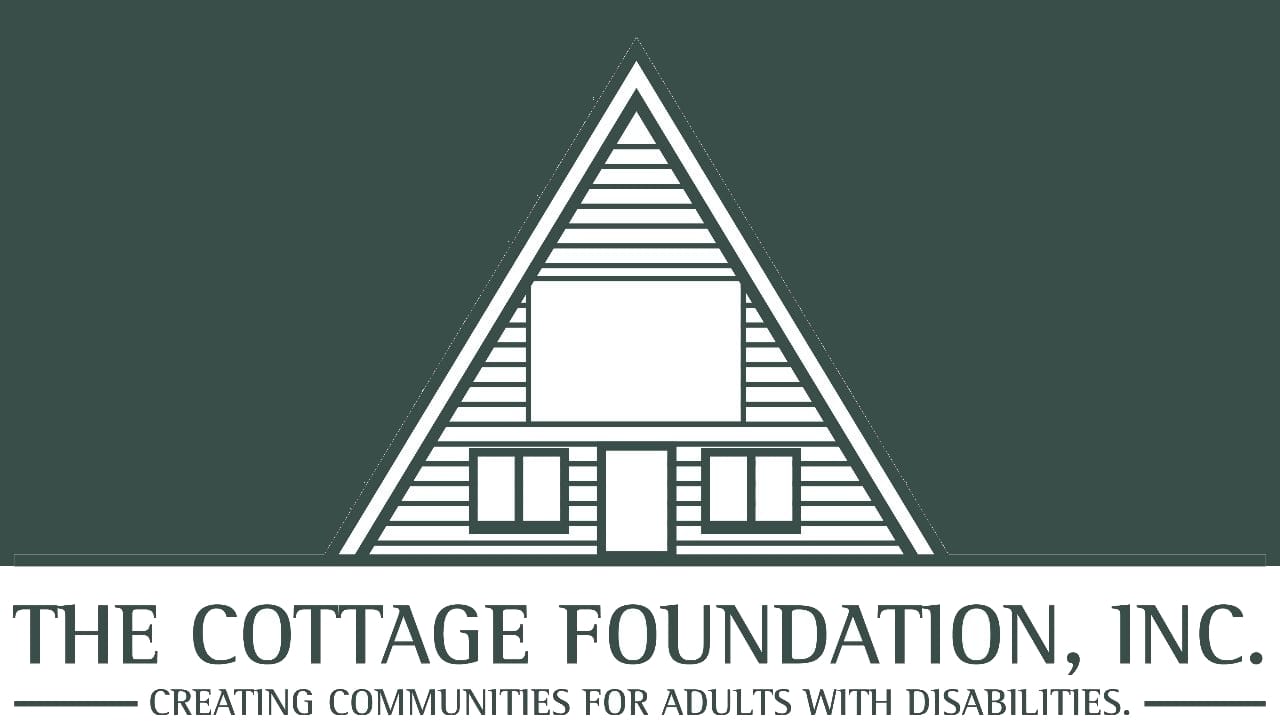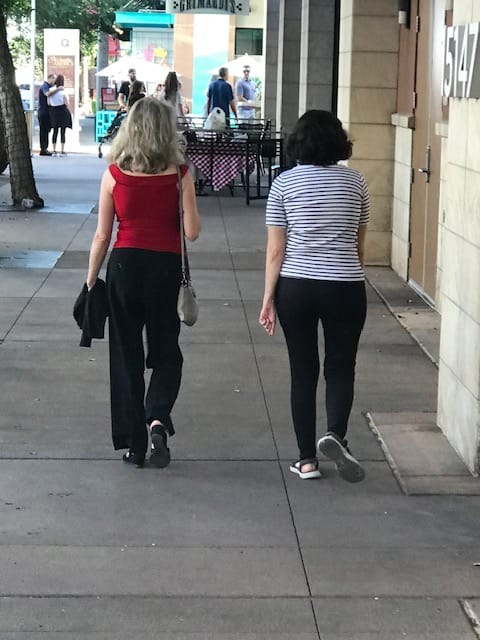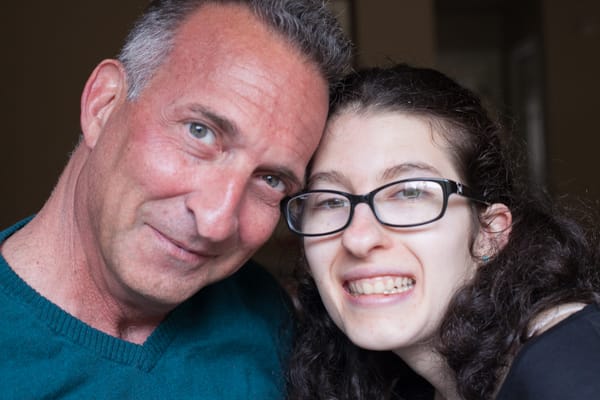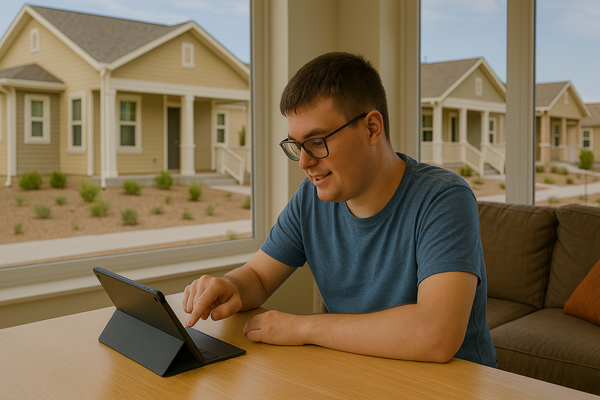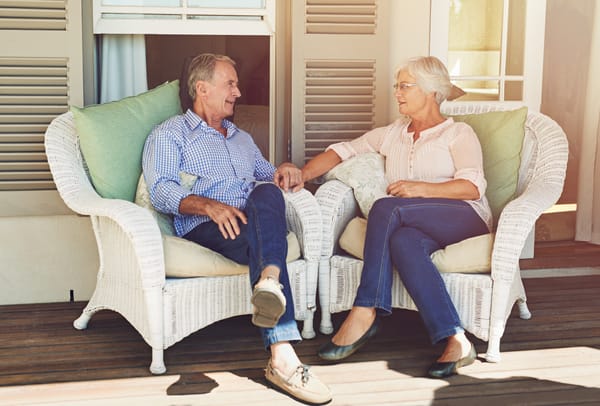Maximizing Independence: A New Approach to Inclusive Living for People with Disabilities
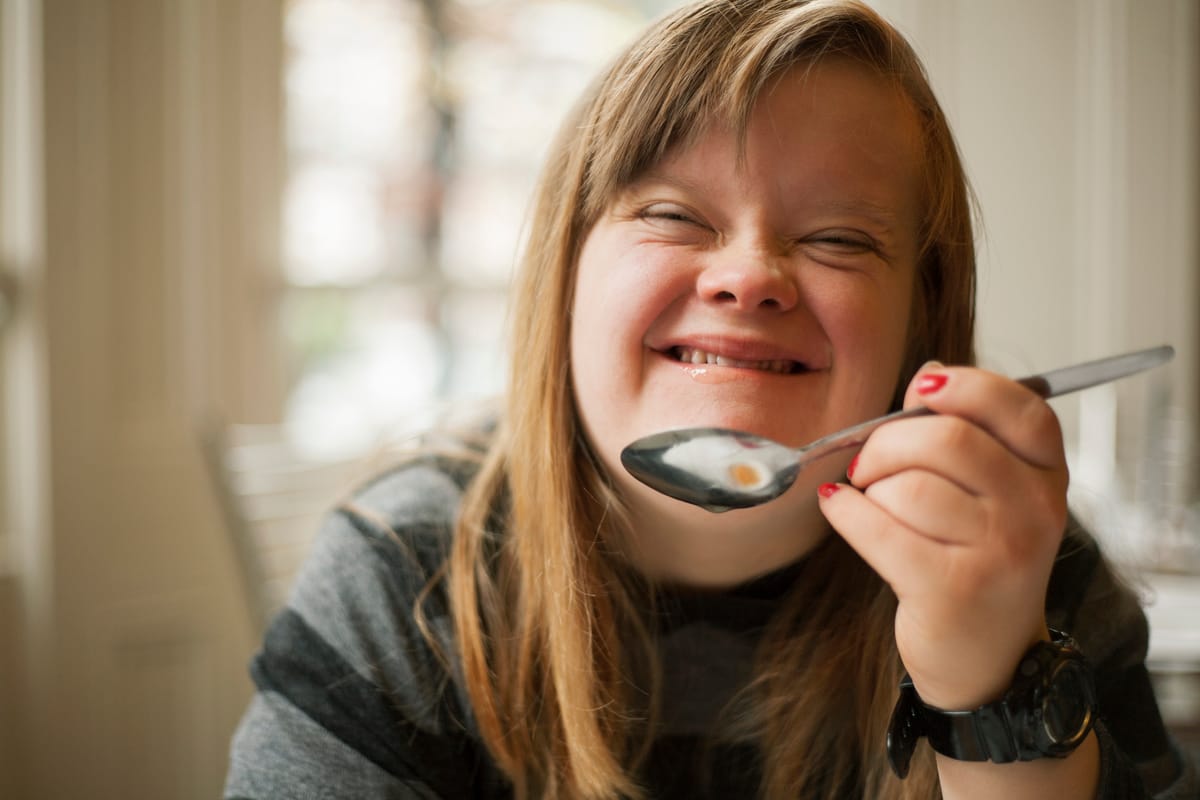
For people with disabilities, independence isn’t just about where you live—it’s about how you live. Too often, residential communities that serve people with disabilities take a "one-size-fits-all" approach to care. Services are typically structured to accommodate those with the most significant needs, which, while well-intended, can inadvertently limit the autonomy of individuals who might thrive with a more customized level of support.
This is where innovative communities like Luna Azul in Phoenix are redefining what inclusive living looks like. Instead of providing in-home services that may be more than what some individuals need—or, in some cases, not the right kind of support—Luna Azul allows each resident (and their families) to orchestrate their own in-home services, tailoring support specifically to their unique needs.
This simple but profound shift in approach makes a world of difference. It offers:
1. Needs-Based Support Rather Than Standardized Care
In many residential communities, support services are predetermined, leaving little room for customization. The challenge with this model is that individuals with milder support needs may receive services they don’t actually require, while those with different needs may not get exactly what would benefit them most.
At Luna Azul, residents choose their own in-home support services, ensuring they receive assistance that matches their specific requirements. This approach fosters a greater sense of control and personal agency, as individuals aren’t forced into a one-size-fits-all model but instead receive what’s best for them.
2. Greater Autonomy and Control Over Daily Life
One of the most significant barriers to independence for people with disabilities is a lack of choice in their daily routines. When care is standardized, individuals often have little say in who provides their support, when they receive it, and how it’s delivered.
By giving residents and their families the ability to manage their own support services, communities like Luna Azul empower individuals to make decisions about their own lives—something many people take for granted. Whether it’s choosing a caregiver who aligns with their personality and needs, setting their own schedules, or deciding how they want to engage with their community, this level of autonomy is essential for building confidence, self-determination, and a fulfilling life.
3. A True Neighborhood Experience, Not Just a Place to Live
Many traditional care settings can feel institutional, where residents are defined by their needs rather than their individuality. But at Luna Azul, the focus isn’t on “care” alone—it’s on community.
Here, residents live in privately owned homes, surrounded by neighbors who are also forging independent lives in an inclusive environment. This fosters social connections, friendships, and a sense of belonging, which are just as important to quality of life as access to support services. Residents are encouraged to participate in neighborhood events, engage with their surroundings, and build the kind of relationships that make a house truly feel like home.
The Future of Disability Housing: Prioritizing Choice and Independence
The traditional approach to housing for people with disabilities has often leaned toward centralized care models. While these systems can be necessary for some, they can also inadvertently restrict independence for those who could thrive with more choice.
The success of Luna Azul and similar communities proves that there is a better way—one where individuals with disabilities can:
- Live in a home they (or their families of Special Needs Trust) own,
- Choose the level of support that works best for them,
- Build meaningful connections with neighbors,
- And, most importantly, lead lives driven by autonomy rather than limitation.
By shifting the focus from institutionalized care to personalized independence, communities like Luna Azul are helping to redefine disability housing. The future of inclusive living is one where people with disabilities are the decision-makers in their own lives, not passive recipients of care.
